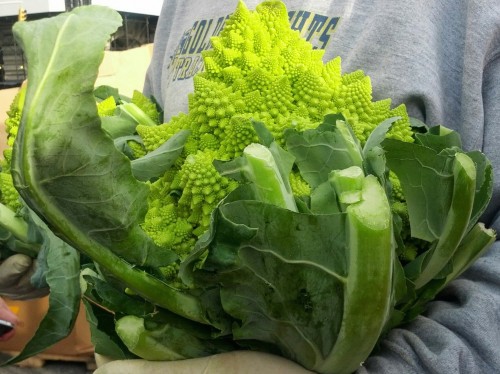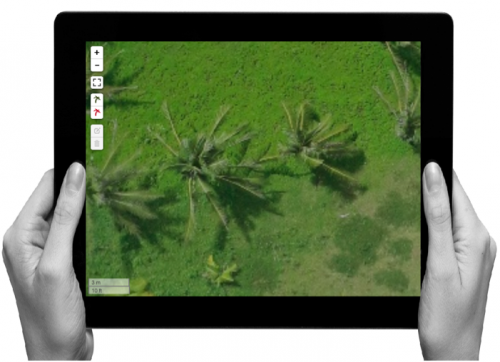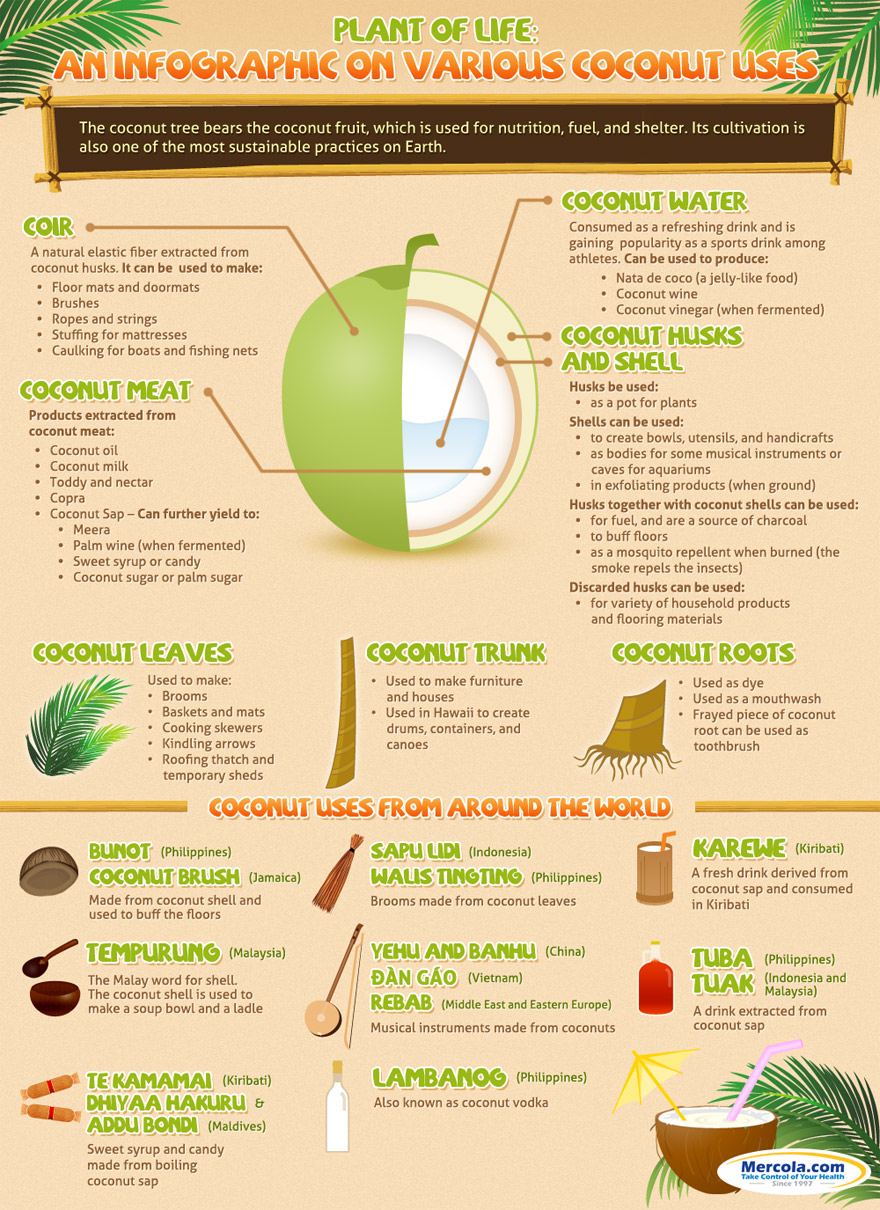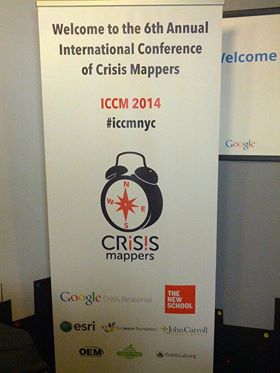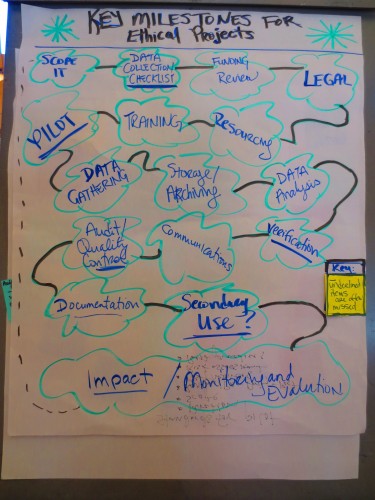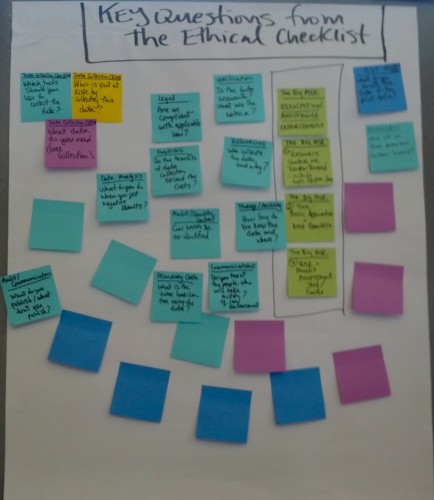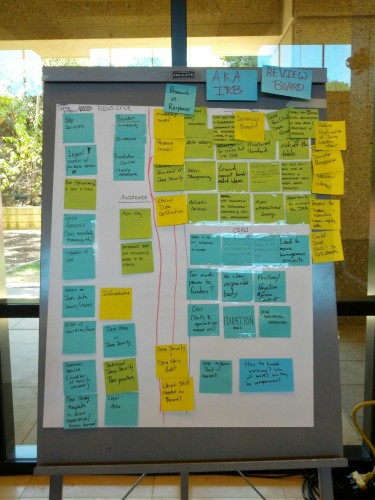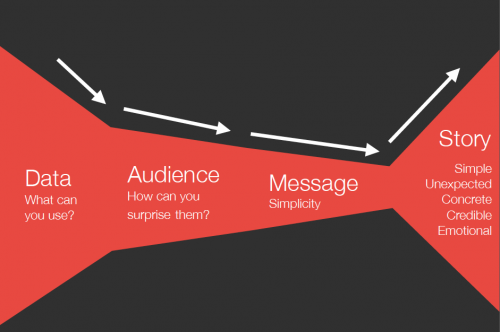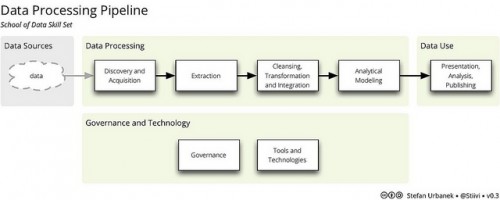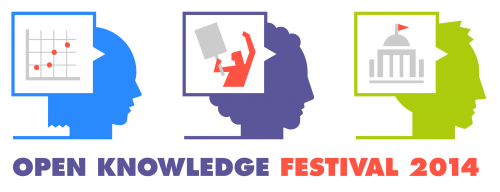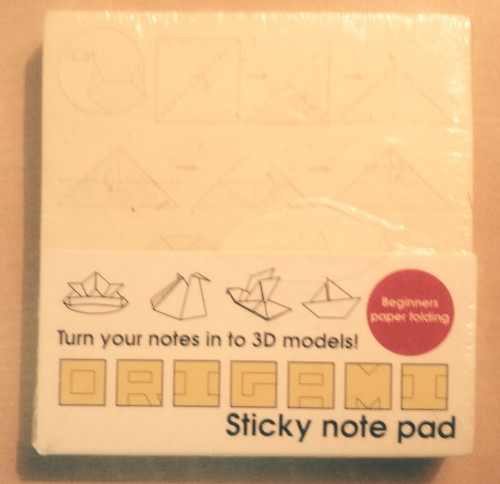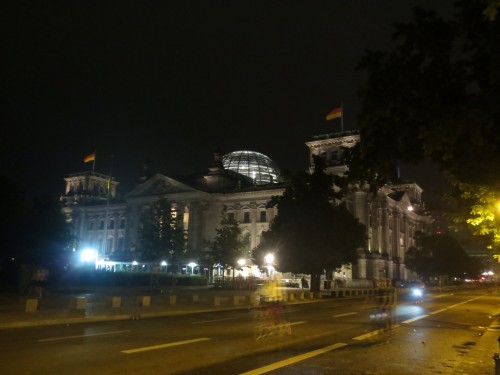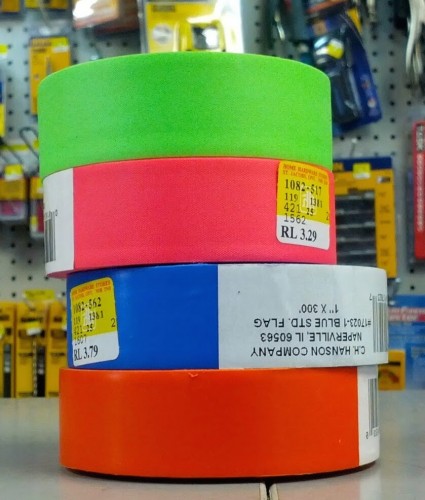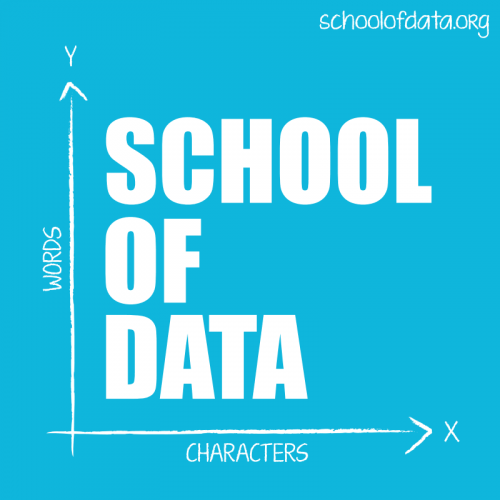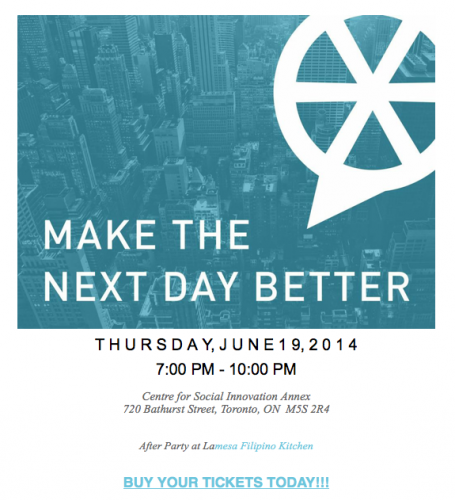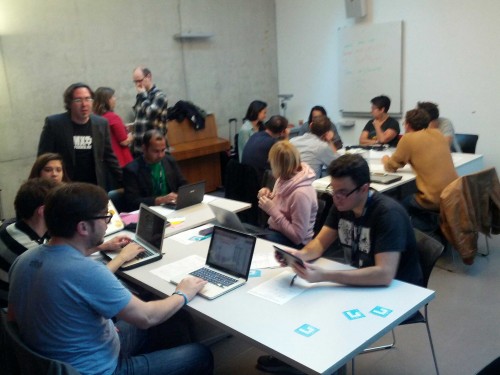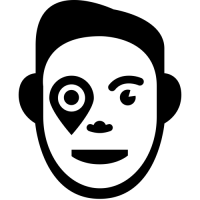Matter. One of my core life goals is to help people get involved in their world with technology. Along journey, I am often struck by the participant’s desire to make a difference and to matter. Many of us research and write about how to get to the next million contributors in a healthy and quality way. But are we building communities and spaces that make this possible to matter without fracturing?
It has been 5 years since the earthquake struck Haiti. Last night I attended the Canadian Red Cross photo exhibition of Johan Hallberg-Campbell’s Photos called Haiti Five Years On: An Fom! One of the speakers asked us to reflect on why we do this work and consider each person we help. Rarely do I focus on why or how I got involved, because the mission is bigger than one individual, one organization. But, since asked here is my answer: My sister is a medical professional who once volunteered in Haiti before the earthquake. On January 12, 2010, we spoke on the phone both in tears. What struck me from this conversation was that she has these ‘immediate skills’ which could help someone recover. My brother-in-law, as an engineer, also has strong ‘immediately applicable skills’ with his expertise in water and sanitation. My sense of helplessness was fleeting as I found others like myself who also felt like our technical and digital skills could maybe help a humanitarian and an affected population. Asking what can I do is the first step on a beautiful, complex journey. While the contributions we apply may not make an ‘immediate’ difference, it could be a applied like a layer cake of information insights. Maybe someday our diligence, our time and skills would ‘get to matter’. This tenacity drives many of us. We trial, we error, we get back up and we keep seeking ways to apply technology.
This type of change does not happen over night. Years and hours of brainpower continue strive to solve this problem set: How can we help people get involved and use technology/digital skills to make a difference? At Qatar Computing Research Institute (QCRI), I am working with researchers and computer scientists on human and machine computing solutions. In my spare time, I’m on the Board of Humanitarian OpenStreetMap Team and am one of the organizers of the International Conference of CrisisMapping. Truly, I am fortunate to spend my career and personal time focused on “matter”.
Why are you a Digital Volunteer or Humanitarian (quick survey)?
Fractured and Fractal Matter
Fractals fascinate me. The nuances of shapes surprise the viewer. I often think that communities really are like fractals, all the varieties with complexity and beauty. As Digital volunteers (Humanitarians, FOSS or HFOSS), we aim to put the people and the mission ahead of our story and our needs. But, this where our sense of “matter” becomes very fractured. This year I hope to do more research and writing around digital volunteers and humanitarians in addition to the Community Builder’s Toolkit. How can we grow communities globally and help people get involved? Well, we need to be mindful and address the problem of fractured matter. It really comes down to: How we see ourselves in a community and in our own lives. And, how a community is a place where we can thrive no matter the level of our contribution. In a recent article “Decelerate to Accelerate“, Michel Bachmann and Roshan Paul wrote:
It’s ironic that the people who seek to create a more sustainable world often live the most unsustainable lives of all, sacrificing their finances, their relationships, and sometimes even their health to pursue a broader social mission.
So I am starting the year with some questions:
- How can we better support our digital communities to not fracture their “matter”?
- What can we do to build large, healthy sustainable programmes and communities?
Recently, I am focused on allocating my time and energy to “matter” on many levels. It has greatly improved my quality of life and mind. This is not an overnight sensation for me personally. In the various communities I belong, I constantly see how fractured matter can actually do more harm to the individual and the community. While we are changing the world and ourselves, it is super important to teach ourselves breathing lessons. I think that the change we are trying to build will take substantial time with some great bright spots and some lows. We should be ready for a long journey and traverse in a more healthy way. Honestly, I think that the communities and goals we are trying to achieve will be all the richer.
Matter to yourself. Matter to your communities. This is how we get to more people involved and how we get to “matter“.
(Photo of Romanesco broccoli, Union Square Market, November 2014)
